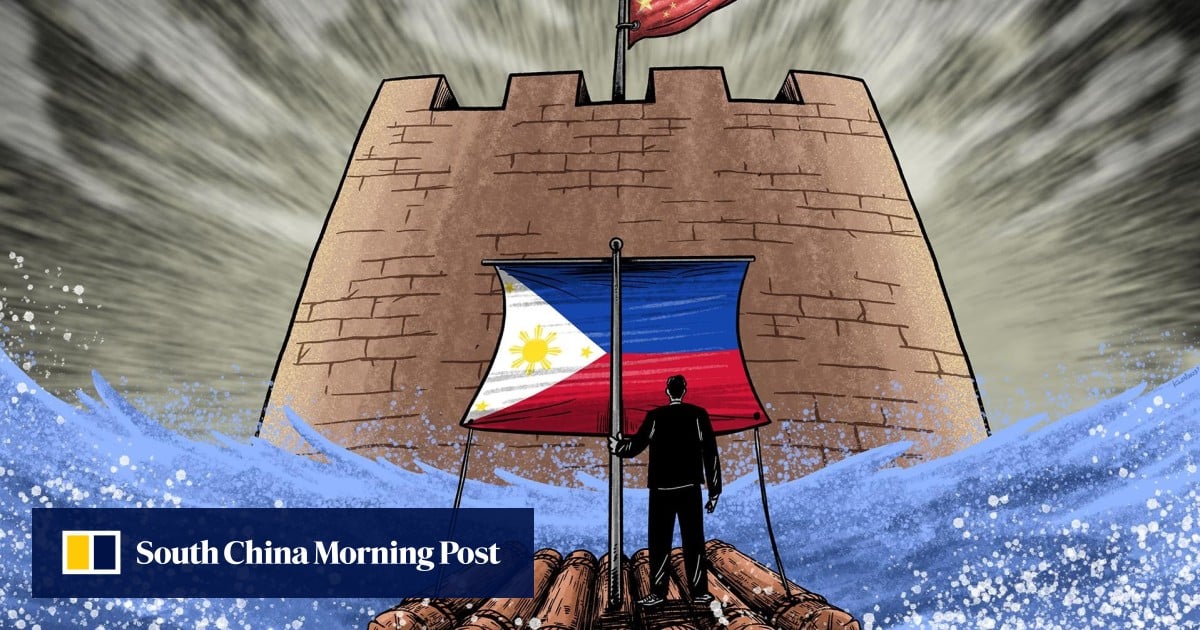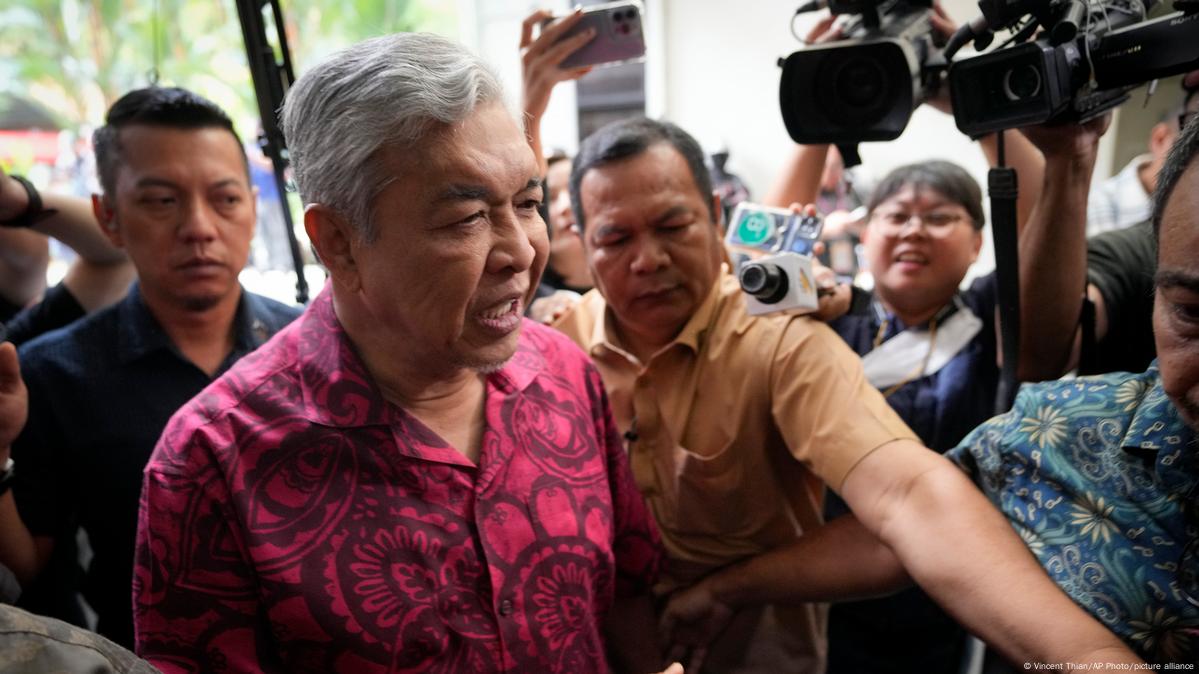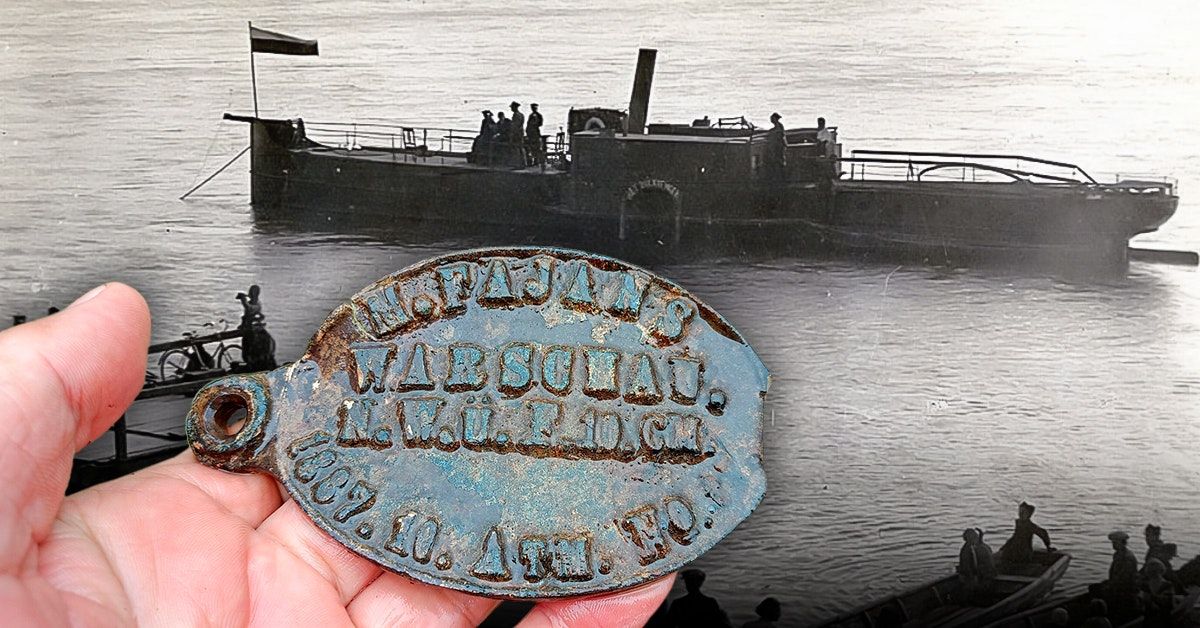Philippines Faces Pressure From China Over South China Sea Missiles

Table of Contents
China's Assertiveness in the South China Sea
China's increasingly assertive actions in the South China Sea are at the heart of this crisis. This assertiveness manifests itself through a significant military buildup and disregard for international law.
Increased Military Presence
China has dramatically expanded its military presence in the South China Sea, transforming several disputed reefs and shoals into artificial islands fortified with advanced weaponry, including missiles. This South China Sea militarization significantly alters the regional power dynamic.
- Island Fortification: China has constructed extensive military facilities on islands like Fiery Cross Reef, Subi Reef, and Mischief Reef, including airstrips, radar systems, and hardened shelters capable of housing significant military personnel and equipment.
- Missiles Deployment: Reports suggest the deployment of various types of missiles, including surface-to-air missiles and potentially anti-ship ballistic missiles, significantly enhancing China's offensive capabilities in the region. The exact nature and range of these missiles remain partially unclear, fueling further anxieties.
- Increased Naval Patrols: China's naval presence has increased exponentially, with regular patrols asserting its claims over vast swathes of the South China Sea, frequently encroaching on areas claimed by other nations, including the Philippines.
This Chinese military buildup in the South China Sea represents a substantial shift in the regional security landscape, raising concerns about potential conflict escalation.
Violation of International Law
China's actions in the South China Sea are widely considered violations of international law, particularly the United Nations Convention on the Law of the Sea (UNCLOS). This disregard for UNCLOS undermines the established rules-based international order.
- UNCLOS Violations: China's claim to virtually the entire South China Sea, encompassing areas well beyond its continental shelf, directly contradicts UNCLOS provisions on maritime delimitation and the rights of coastal states. The construction of artificial islands also violates UNCLOS articles regarding environmental protection and the preservation of marine ecosystems.
- International Condemnation: Many countries and international organizations have condemned China's actions, highlighting the illegality of its claims and the destabilizing impact of its military buildup. These condemnations, however, have not yet resulted in effective enforcement mechanisms.
- Legal Challenges: The Philippines has successfully challenged China's claims before the Permanent Court of Arbitration, which ruled against China's expansive interpretation of its maritime rights in 2016. Despite this ruling, China has refused to acknowledge or comply with the decision.
The Philippines' Response and Diplomatic Efforts
Faced with China's growing assertiveness, the Philippines has adopted a strategy that combines strengthening alliances and engaging in diplomatic efforts.
Strengthening Alliances
The Philippines has actively sought to strengthen its alliances with key partners, most notably the United States, to counter China's influence and enhance its maritime security capabilities.
- Philippine-US Alliance: The Philippines and the US have significantly increased defense cooperation, including joint military exercises and enhanced information sharing. This collaboration aims to deter further Chinese aggression and bolster the Philippines' defense posture.
- Regional Security Cooperation: The Philippines is also engaging in increased security cooperation with other regional partners, seeking to build a broader coalition to address the challenges posed by China's actions in the South China Sea.
- Diplomatic Negotiations: Despite the tensions, the Philippines continues to engage in diplomatic negotiations with China, seeking to find peaceful resolutions and manage the conflict.
Domestic Political Considerations
The Philippines' approach to China is also shaped by domestic political considerations, including public opinion and the government's evolving strategic priorities.
- Public Opinion on China: Public opinion in the Philippines regarding China is complex, with a mix of sentiments ranging from apprehension about Chinese assertiveness to a desire for continued economic engagement.
- Government Policy Changes: The Philippine government's policy toward China has evolved over time, reflecting the changing geopolitical landscape and internal political dynamics. Finding a balance between maintaining sovereignty and pursuing economic cooperation with China remains a significant challenge.
- Potential Compromises: The Philippine government faces the difficult task of balancing its national interests with the need to manage relations with a powerful neighbor like China. This often leads to complex negotiations and potential compromises.
Regional and International Implications
The South China Sea dispute, fueled by China's missile deployments, has profound regional and international implications.
Impact on Regional Stability
The escalating tensions in the South China Sea significantly threaten regional stability and freedom of navigation.
- Potential for Conflict Escalation: The presence of missiles increases the risk of miscalculation and accidental escalation, potentially leading to armed conflict.
- Impact on Trade Routes: The South China Sea is a vital trade route, and any disruption caused by conflict would have severe consequences for global commerce.
- Regional Power Dynamics: China's assertive actions are reshaping the regional power balance, potentially leading to an arms race and further instability.
International Community Response
The international community has responded to China's actions in the South China Sea with varying degrees of assertiveness.
- US Foreign Policy: The United States has consistently criticized China's actions, conducting freedom of navigation operations and providing military support to its allies in the region.
- ASEAN: The Association of Southeast Asian Nations (ASEAN) has struggled to present a unified front, reflecting the diverse interests and sensitivities of its member states.
- Diplomatic Pressure on China: Several countries and international organizations have exerted diplomatic pressure on China to comply with international law and de-escalate tensions, though the effectiveness of these efforts remains limited.
Conclusion
China's assertive actions in the South China Sea, particularly the deployment of missiles, pose a significant threat to regional stability and the Philippines' maritime security. The Philippines is responding through a combination of strengthening alliances, diplomatic engagement, and navigating complex domestic political considerations. The international community's response has been varied, reflecting the geopolitical complexities of the situation. The escalating tensions in the South China Sea regarding the Philippines and China's missile deployments necessitate a multifaceted approach involving international cooperation, diplomatic engagement, and a strong commitment to upholding international law to ensure regional stability. Further research into the South China Sea dispute and the complexities of the Philippines-China relationship is crucial for informed discussion and effective policy-making. Stay informed about developments in the South China Sea missile issue and the ongoing diplomatic efforts to resolve this critical situation.

Featured Posts
-
 Hmrc Scraps Tax Returns For Thousands New Rule Changes Explained
May 20, 2025
Hmrc Scraps Tax Returns For Thousands New Rule Changes Explained
May 20, 2025 -
 When College Boom Turns Bust Economic Challenges Facing University Towns
May 20, 2025
When College Boom Turns Bust Economic Challenges Facing University Towns
May 20, 2025 -
 Resilience And Mental Health Turning Adversity Into Growth
May 20, 2025
Resilience And Mental Health Turning Adversity Into Growth
May 20, 2025 -
 Analiza Toncija Tadica Putinova Strategija I Ishod Pregovora
May 20, 2025
Analiza Toncija Tadica Putinova Strategija I Ishod Pregovora
May 20, 2025 -
 Corruption Charges Against Retired Four Star Admiral The Full Story
May 20, 2025
Corruption Charges Against Retired Four Star Admiral The Full Story
May 20, 2025
Latest Posts
-
 Huuhkajataehdet Kaellman Ja Hoskonen Jaettaevaet Puolan
May 20, 2025
Huuhkajataehdet Kaellman Ja Hoskonen Jaettaevaet Puolan
May 20, 2025 -
 Can Henriksen Replicate Klopp And Tuchels Mainz Success
May 20, 2025
Can Henriksen Replicate Klopp And Tuchels Mainz Success
May 20, 2025 -
 Benjamin Kaellman Potentiaalia Huuhkajien Hyoekkaeykseen
May 20, 2025
Benjamin Kaellman Potentiaalia Huuhkajien Hyoekkaeykseen
May 20, 2025 -
 Henriksens Mainz Journey A Klopp Tuchel Comparison
May 20, 2025
Henriksens Mainz Journey A Klopp Tuchel Comparison
May 20, 2025 -
 Kaellmanin Ja Hoskosen Laehtoe Puolasta Vahvistettu Huuhkajien Tulevaisuus
May 20, 2025
Kaellmanin Ja Hoskosen Laehtoe Puolasta Vahvistettu Huuhkajien Tulevaisuus
May 20, 2025
